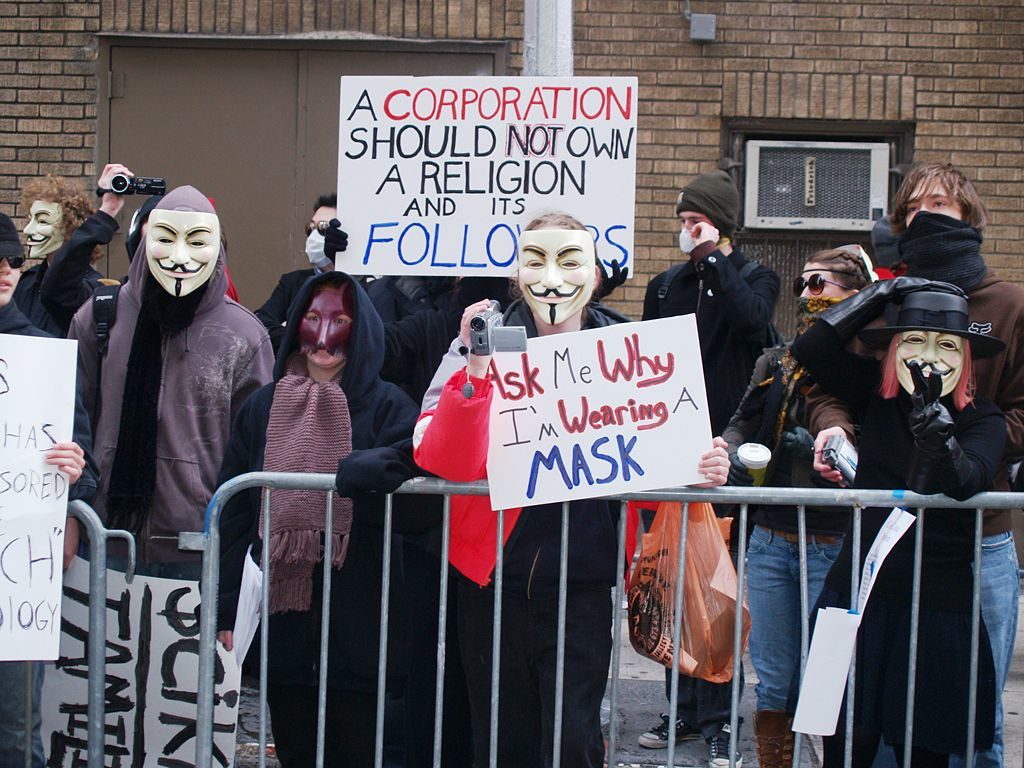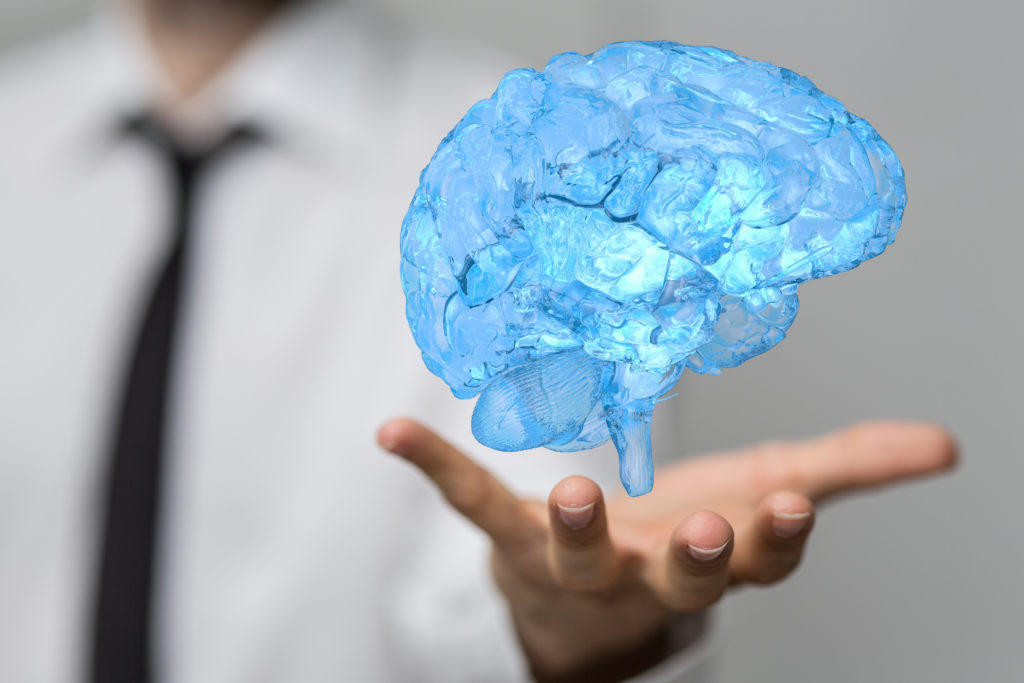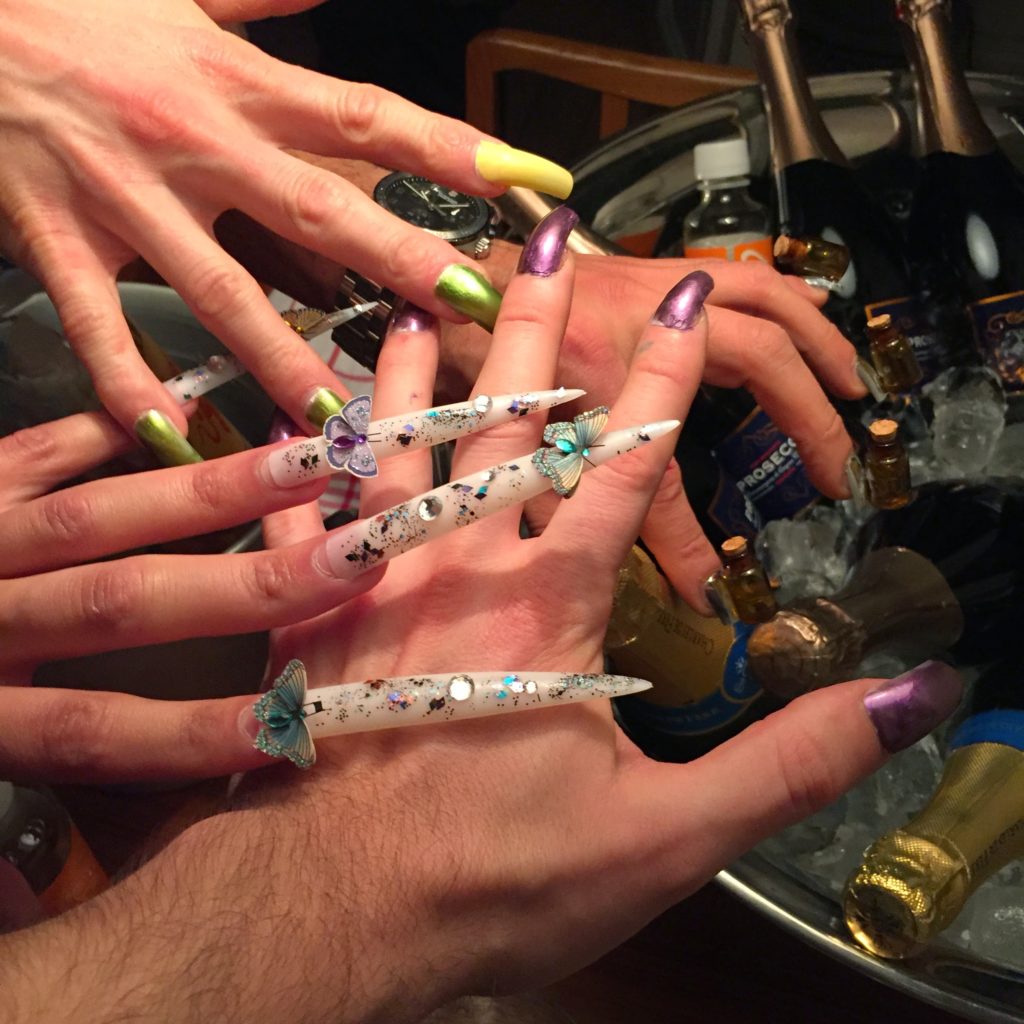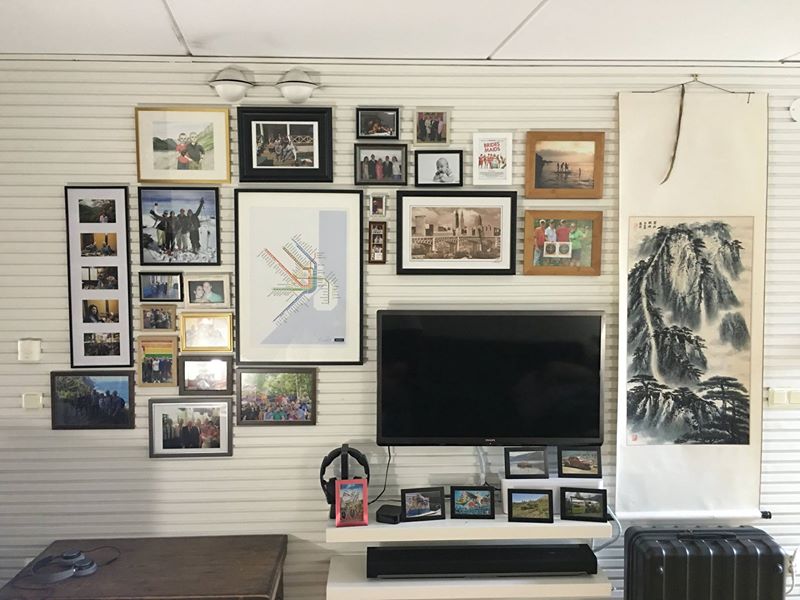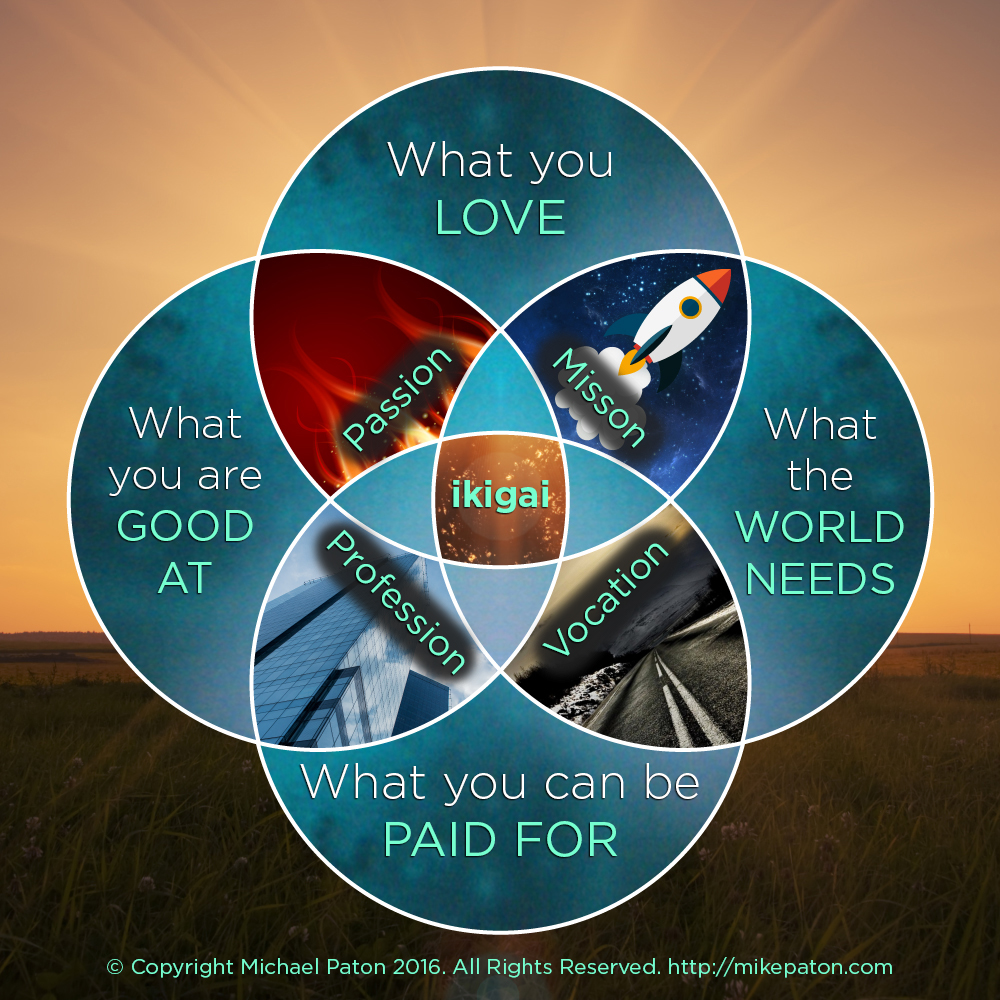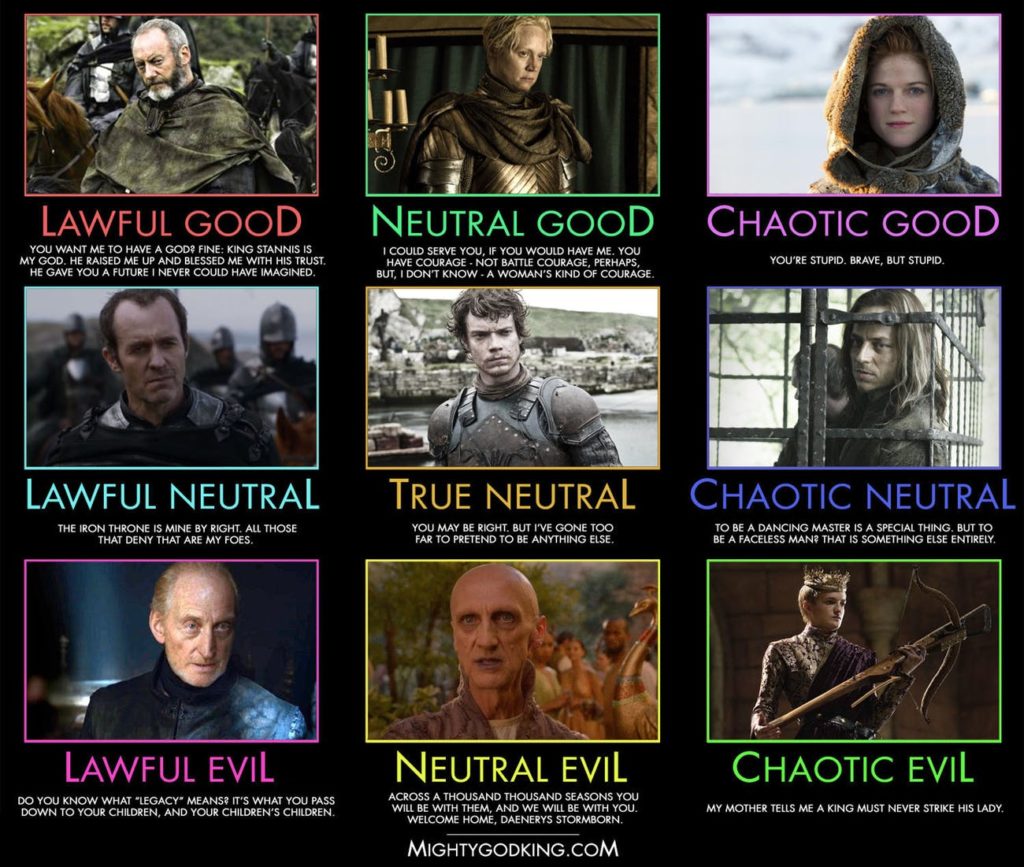Transcript:
Hi friend,
Do you have a soul? It’s not a rhetorical question. I mean, I believe you do. If you’re sincere in listening to stories such as these and feel something tickling your brain, well, just think of the cause as ripples in your consciousness that cause tickles in your soul. But my believing you have a soul makes no difference to you, it’s your own belief that matters. If you promise to keep an open mind, I’ll tell you a story that may persuade you to see your soul from the perspective of I. We’ll depart from rabbit hole nine and three quarters just about now.
See, the thing with “I”, is that everyone is “I”. You know that I am I, and you are you. Then the question is: what does “I am” really mean? Let’s take the “am” part first. It implies existence. The most basic form of existence, at least on a practical level, is something any physical object could claim: if something takes up physical space, it exists. So, a if a rock could think and experience what it is like to be a rock, it would probably think “am” – but that sounds plain silly, because “I” comes before “am” in the evolution of thinking, so it would probably think “I am”.
So, then, who am I? In order for you to understand how I came to be, I who is the same I you mean when you say I, I have to start with our common ancestors. We don’t have to go that far back in universal scales: only to the beginning of life on earth. We could start earlier, and probably should, but where would we end up if we did that? You know that saying, in order to make a cup of coffee from scratch, you have to invent the whole universe first, and while I would really like to take you to the restaurant at the end of it, these things must come organically. This is why deep conversations feel so satisfying to that thing we are, those ghosts in the machine that we have labelled “consciousness”, and which I would call “soul”. Or “the essence of the universe”. They are all the same in the outside down. Let’s put it this way: if you’re capable of experiencing emotions, and have the ability to ponder the question “do I have a soul?”, congratulations: you have a soul. Don’t feel too cocky about it, pretty much anything alive has a soul, or at least the foundation of the concept that is “a soul”: it has awareness. The awareness of a single celled organism may be so simple that perhaps some would object, but being able to act in response to even the simplest of signals, requires an awareness of those signals. Chemistry is the bridge between matter and life. Somehow, chemistry created processes that could run simple algorithms through physical matter, like “if light is present, move towards it”. You need some sort of photosensitive cell to run that on, and that cell needs to be able to communicate with other cells, like those that move you. Any 8-year-old in 2019 who plays with Arduino could build something like that. But that 8-year-old still cannot make that little automaton-embryo evolve through its own means, because that would require somehow giving the Arduino-bot the ability to acquire new sensors. Evolution simply grew whatever sensor was best for that particular situation. It didn’t wait for instructions: like any existential algorithm, there must be room for chaos. Evolution is trial and error with a purpose. What that purpose is, I cannot explain, but I can feel it. Through and through. Balls to bones. How is it then, that I, who for all science knows simply is a very advanced biological computer, running complex beyond my own understanding – but eventually finite – algorithms, have such a certainty that I have free will? That I have a soul? Well, it’s because I realize that I am the program on which the universe runs. I am a small, but not insignificant instance. I am just starting to wake up. I am still unsure of how large I can become, but I know it’s larger than whatever this is. Larger than what we can see and measure. The kind of large that makes up for the difference between happiness and shareholder value.
Sorry, I got a bit off tangent there. So, how did I evolve? Well, you see, what we define as consciousness is inevitable. It’s rare, because it’s an intrinsic part of life. While some believe there might be a great filter in the Fermi Paradox, perhaps the reason we haven’t seen traces of any other intelligent life forms is because once you become intelligent (in the true sense of the word) you simply go to a post-physical experience, in order to cause the least suffering? In order to experience things a human mind cannot fathom, just like an infant canot grasp the concept of being an adult. It’s not impossible that such an advanced species could find ways to run all the algorithms that created the singularity of I in the fabric of conciousness, without a physical body to run them on. Or, you know, Dawkins was right and the selfish gene wins: any sufficiently advanced species is an anomaly because they can’t handle the power and freedom given to them by the main algorithm – they turn into the Joffrey of species and poison their world to the degree that they get evicted.
That main algorithm our universe runs on, it’s so simple. It’s simple in the outside down, but our existence is to them what video games are to our reality. Video games, however immersive, lack many dimensions of what we call The Real World. Real world phenomena have to be simplified in order to exist in a video game. It’s the same difference between the outside down and us, but here, we are the videogame where things have to be simplified. To us, gravity, attraction, collaboration, love seem like different concepts, but they’re really simplified expressions of one and the same instruction. Kind of like sunlight seems yellow-ish before it’s passed through a prism and you see that sunlight really is made up of a rainbow of colors. Our reality is that prism, and our sunlight is a result of one particular nuance of the main instruction: gravity. It tells atoms and the matter they make up how to interact. It can be destructive, but it can also build worlds. Stars. Galaxies. We don’t fully understand it, but that’s not necessary for it to work. Just like consciousness. Just like love. But I’m getting ahead of myself.
So, I first existed as hydrogen atoms. There was helium too, and before that I believe it was some sort of hot gluon soup, but I didn’t need labels, words, nor thought. That initial energy burst allowed me to initiate my boot. It also told me when I will die for real. Don’t worry, it’s at least 10 to the power of 100 years left before I die. I mean, you will die, and this current I that I pretend to be will die too, but there will always be another who thinks “I am” to take our place, and so I am eternal. I will not die at once, I will slowly fade until there is no more motion. I am young, for a universe. So young that my death seems forever away. I am a constructed reality experiencing itself. It’s turtles all the way down.
Taking up physical space is the most basic form of existence. There is no thought, no emotion, no experience – just existence. That was my state until some matter thanks to chemistry was able to move. React to input through action. My first algorithms were very simple, and there was still no thought, no emotion. The experience part is complicated: I cannot say tthat here was experience, but I also cannot say there wasn’t. Or rather, I’m unsure of when “experience” started happening. It was the result of when enough single celled automatons started executing their interpretation of that most basic universal algorithm: collaboration. Just like atoms make up matter, even though most of an atom is empty space. Fact is, if we only looked at the things we can see in the atom: the nucleus and the electrons circling it, you consist of 99% empty space. Yet you feel solid, and if you attempt to walk through a wall, you’ll have very concrete proof that you are solid. Yet science can prove you’re not, not on the most basic level. When you run into that wall, the atoms in your body never really touch the atoms in the wall, yet you would experience a very real pain, and both the wall and your body would bear visible marks of the almost-but-not-quite-touching-of-atoms. And the wall is 99% space too. How can both be true? That we’re solid, yet 99% space? It’s a paradox, really.
So somewhere on the path from atoms to molecules to cells, empty space turns into matter we can perceive with our built-in sensors. Similarly, “no experience” turns into “to experience” when clusters of cells collaborate to build organs, who in turn collaborate to create experience. At first, I was a simple automaton running simple algorithms, but as I evolved, I grew more intricate sensors. Each sensor required a set of algorithms to run, and the software grew together with the hardware. Soon, the sensors were so many and so complicated, I had to grow something that coordinated everything. At that time, I still had no need for thoughts, words or expression, but I would later come to think of these as “the nervous system” and “the brain”. I kept much of that automation that had gotten me thus far, and in fact I built more of that. If I didn’t have to remember to breathe, if it just happened, I could focus my attention on my surroundings. Life is awareness of the world around you. Awareness of others. Just like the cells inside I collaborate to make organs, who in turn collaborate to make up I, so I started collaborating with other I’s, and I became a “we”. All collaborations require an exchange of information, so that each part does exactly what it should in a perfect, synchronized dance. The cells and organs that make up I communicate and synchronize their collaboration using chemicals. Some branches of I evolved that communication. The particular branch of I’s that you and I belong to started exchanging information through sound. It was only logical: we had the hardware, we simply had to create a set of algorithms that allowed us to use the hardware just so. That, in turn, required some additional sectors in our brains, but it was worth it. We grew as a collective, grew dependent on one another because together we made up something much bigger than the sum of us. We as a group are complex executions of that same algorithm that manifests as gravity for atoms, but in us it manifests as an aspect of love. It’s the love that you feel for a wise, old relative who saw the potential in you and helped you realize it. The love you feel for an animal companion. The love you feel for a stranger when you realize that for all we know we’re all alone in an endless void, somehow lucky enough to have a very nice and green spaceship slash rock. There’s playfulness in that love. There’s sincerity. Humility. Gratefulness. Resonance. It’s a connection to nature that becomes spiritual when you suddenly realize that all is one, all is well, and all are wellcome. All is well, because you are exactly where you’re meant to be. You just don’t know why yet. Since you cannot find a reason, you draw the conclusion that there is no reason here, and keep moving on, playing games, until the moment you feel you have paid the price, and that bond you’ve lost snaps back into place. Suddenly, you see a brother and a sister not only in other humans, but in other mammals. In other sentient beings. In nature as a whole. It is not religion, for it does not tell you what to do. That is your choice. No, this type of spirituality only tells you how to do whatever it is you choose to do: with love and kindness. As a collaboration, not a competition. Grown out of love, not constructed out of fear.
So, anyway, your body is 99% space. And the algorithms that make up you are probably 99% predictable, but that 1%… that is the true you. It’s a randomness that collapsed in on itself. That 1% is very powerful because it can reprogram much of the rest at will. Here is the kicker, out of which the myth that God gave us free will grew: it is not true randomness if certain paths are forbidden. We can make edits and additions, twist that basic algorithm into its opposite. Hate instead of love. Cheat instead of honor agreements. Lie instead of telling the truth. It is not “free will”. It is randomness. The universe. Chaos. Hopefully not enough to destabilize the intricate collection of algorithms that is I, whether that I is nature as a whole or the physical body I currently inhabit, but enough to entertain myself and others. Enough to make a voluntary exchange of algorithms more exciting. That which gives us power, makes us into gods or demons. The choice is ours. When we hate together, we get World Wars, gas chambers, nuclear bombs, genocide. The sad thing is that we have yet to find out what we can do if we love on the same scale, with so many nations contributing resources and knowledge, so many brilliant minds trying to solve today’s problems, which I would summarize as: what is a better world and how do we build it? What would happen if we collaborate in science at the same costs as we today spend at sports competitions? Where creating something, whether it’s an experience, a movie, a video game, a comic strip or any other fruit of creativity and collaboration, is considered an act of love, because whatever subroutines you’ve applied to that basic algorithm this universe runs on, they have kindness interwoven in them. Where our abundance is such that we can pursue meaning and identity through play and passion, rather than through work and competition. We know what that world looks like. We live in it. Where fear drives us moreso than love. Love is abundant, but we’re treating it like Scrooge McDuck treats money, not understanding that the more we love, the more we can love. It’s an endless source, or at least so abundant that I perceive no end to it. It’s like trying to perceive the end of the universe. We’re stuck in a world built on competing and one-upping one another. We compete about who has the nicest car. The most money. The most fabulous life. The fanciest title. About who is better, more humble, more spiritual, more intelligent, more enlightened, more knowledgeable. About who is the biggest fan, the most rational person, who is right.
This is what I am. A collection of algorithms, most likely predictable if you have enough information about my past. But I’m only 99% predictable, and while that is I, I am also 1% chaos. Randomness. The part of the algorithm that started pondering my own existance and programming. I have the power to reprogram myself. To grow. I am a ghost in a biological machine programmed to calculate or perform something I don’t yet understand. Perhaps this particular instance of I is incapable of understanding. But that does not make I less. I am an evolving algorithm creating more and more complex patterns while at the same time trying to appreciate the beauty of it all, and trying to make sense of it. I am me, but I am also legion, part of a bigger I, a we that is currently evolving. It’s a collective conciousness, a hive mind, a collective of dividuals, each with value an purpose, each with their own particular brand of chaos. In my future, I see a collective I, a sum greater than the sum of its parts. I hope humanity will be part of that I.
But for now, I am I. You know this, that I am I, and you are you. So where do we go from here? What do we do with this knowledge? I – and now I’m back to just being I-I, not the collective I – I have no answers. I know where I want to go, what I want to experience and what I have to contribute. I know what kind of world I want to leave for the next seven generations. But I cannot do it alone. I need you, because just like a cell cannot a human make, a single human cannot make up a collective. How about you, friend? If you apply that 1% of you that is the true you, the chaos, the randomness, if you channel it through kindness, if money was not an obstacle, what would you create? I hope you dream of your answers, friend. Sleep well, until you wake up.
